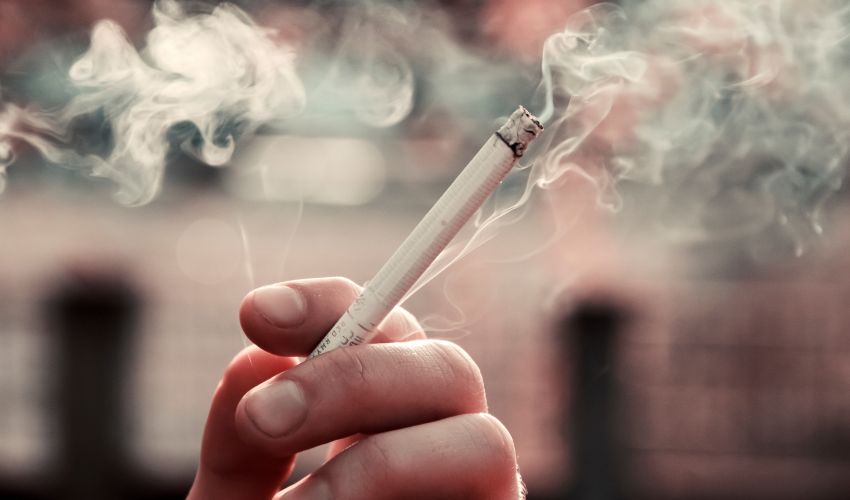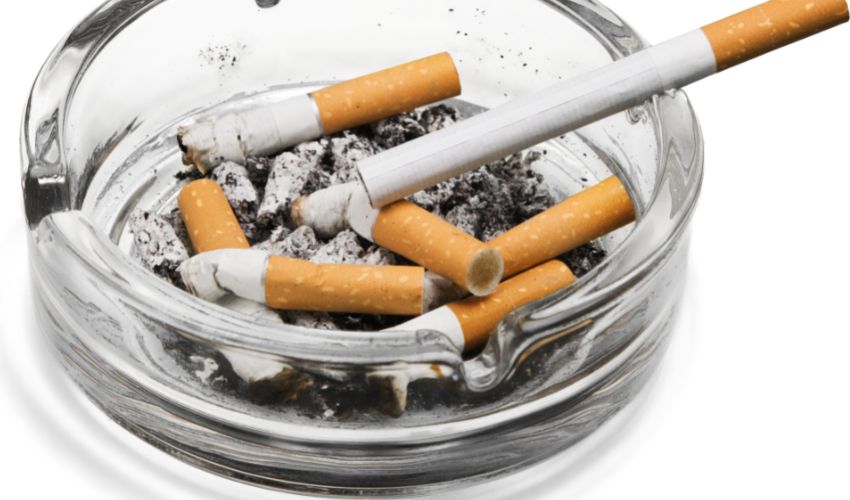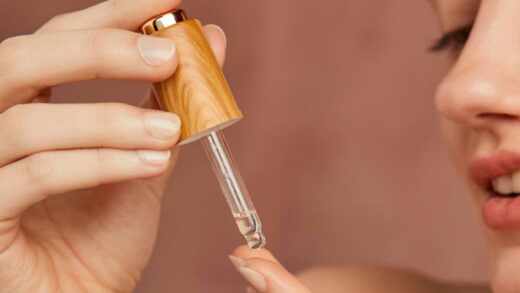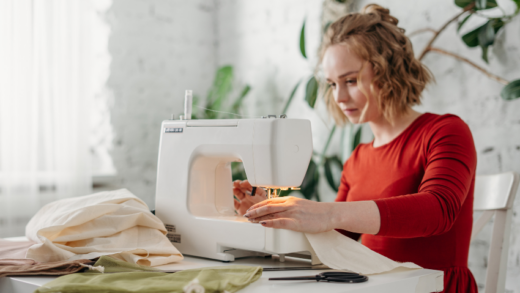Secondhand smoke is a term used to describe the smoke exhaled by a smoker or that comes from the burning end of a cigarette, cigar or pipe. Secondhand smoke is harmful to both smokers and non-smokers. According to the Centers for Disease Control and Prevention (CDC), secondhand smoke contains more than 7,000 chemicals, including hundreds that are toxic and at least 70 that can cause cancer.
In this article, we will discuss the risks associated with secondhand smoke exposure, the effects of secondhand smoke on children, pregnant women, and pets, and effective solutions to protect yourself and your loved ones from secondhand smoke.
The Risks of Secondhand Smoke:
Secondhand smoke exposure can increase the risk of several health problems, including lung cancer, heart disease, stroke, and respiratory illnesses such as asthma and chronic obstructive pulmonary disease (COPD). Non-smokers exposed to secondhand smoke at home or in the workplace are at increased risk of developing lung cancer by 20-30% and heart disease by 25-30%.

Secondhand Smoke and Children:
Children who are exposed to secondhand smoke are at increased risk of developing respiratory infections, asthma, sudden infant death syndrome (SIDS), and ear infections. In fact, secondhand smoke exposure is responsible for up to 1,000 SIDS deaths in the United States each year. Children who grow up with parents who smoke are also more likely to become smokers themselves.
Secondhand Smoke and Pregnant Women:
Pregnant women who are exposed to secondhand smoke are at increased risk of miscarriage, premature birth, low birth weight, and sudden infant death syndrome (SIDS). Secondhand smoke exposure can also cause respiratory problems in newborns.
Secondhand Smoke and Pets:
Pets exposed to secondhand smoke are at increased risk of developing lung cancer, nasal cancer, and other respiratory illnesses. Cats are particularly vulnerable to the effects of secondhand smoke, and exposure to secondhand smoke is a significant risk factor for feline lymphoma.
Effective Solutions to Protect Yourself from Secondhand Smoke:
- Avoid smoking and exposure to secondhand smoke altogether.
- Encourage smokers to quit smoking.
- If you smoke, smoke outside and away from others.
- Ensure proper ventilation in indoor spaces where smoking is permitted.
- Invest in an air purifier to filter out smoke particles and improve indoor air quality.
FAQs:
What is thirdhand smoke?
Thirdhand smoke is the residue of tobacco smoke that remains on surfaces and in dust after smoking has stopped. Thirdhand smoke can be harmful to children and non-smokers who are exposed to it.
Is secondhand smoke exposure dangerous for pets?
Yes, secondhand smoke exposure is dangerous for pets and can increase their risk of developing respiratory illnesses and cancer.
Can secondhand smoke exposure cause cancer?
Yes, secondhand smoke exposure can cause lung cancer, even in non-smokers.

How can I protect my child from secondhand smoke?
Avoid smoking and exposure to secondhand smoke altogether. If you smoke, smoke outside and away from your child. Never smoke in a car with your child.
Can secondhand smoke exposure be reversed?
The effects of secondhand smoke exposure can be reduced by avoiding further exposure. However, some of the damage caused by secondhand smoke exposure may be irreversible.
Conclusion:
Secondhand smoke is a serious health hazard that can cause a range of health problems for non-smokers, including lung cancer, heart disease, and respiratory illnesses. Children, pregnant women, and pets are particularly vulnerable to the effects of secondhand smoke. Effective solutions to protect yourself and your loved ones from secondhand smoke include avoiding smoking and exposure to secondhand smoke, encouraging smokers to quit smoking, smoking outside and away from others, ensuring proper ventilation in indoor spaces where smoking is permitted, and investing in an air purifier to filter out smoke particles and improve indoor air quality.
It is important to remember that there is no safe level of secondhand smoke exposure. By taking steps to protect yourself and your loved ones from secondhand smoke, you can reduce the risk of serious health problems and improve your overall health and wellbeing.






















